The Israelis were busy last night. First, Fouad Shukur, Hezbollah’s top military commander was, in the words of Israel’s defense minister Yoav Gallant, “eliminated” in Beirut. Shukur was targeted for his role in a rocket attack on the Golan Heights on Saturday which killed twelve Druze children and teenagers playing soccer. Hours later, Hamas’s political leader Ismail Haniyeh was assassinated in Tehran, where he was visiting for the inauguration of Iran’s new president, Masoud Pezeshkian.
For now, Israel and Hezbollah say they both want to avoid total war
It’s a huge blow for Hamas and their Iranian paymasters. Haniyeh was the face of Hamas’s international diplomacy, and is the most senior Hamas official to be killed since the war started. “A treacherous Zionist raid on his residence,” the Palestinian group said in the early hours of this morning, announcing his death. It was, the group added, a “severe escalation,” Israel has not yet claimed responsibility for his killing (they don’t comment on assassinations, generally), but having always vowed to avenge the October 7 attack, it doesn’t take a rocket scientist to work out who was behind the assassination. There were also reports overnight that Israel struck a base in Iraq where Iran’s proxies were stockpiling weapons. A US strike overnight, meanwhile, killed four members and a senior commander of the Iranian proxy, Kata’ib Hezbollah, in eastern Iraq.
Haniyeh, who was based in Doha, Qatar (where he was infamously filmed celebrating October 7 as he watched it on television), would have believed he was safe in the Iranian capital. The Iranians, too, would not have thought otherwise. Hamas delegates, after all, have traveled since October 7 to various countries, including Turkey, Russia (who have condemned his killing this morning) and China. The Iranians will be spooked this morning. They will be embarrassed and concerned at how their ranks have been so evidently infiltrated by Israeli intelligence. It’s also deeply damaging to the country’s attempts to project itself as the region’s main superpower and source of security in the region: the Israelis have shown that none of their enemies are safe, even in the capital of the “axis of resistance.”
Shortly after Haniyeh’s killing, Iran’s supreme national security council, with the presence of senior Guards commanders, convened to discuss the assassination to discuss the country’s response. “Crossing Iran’s red lines has always been dangerous for the enemy,” the Iranian Nour News Agency, which is linked to the Islamic Revolutionary Guard Corps, said. A former commander of the IRGC, Mohsen Rezaie, meanwhile, warned that Israel would “pay a heavy price.” This was followed a short while ago by the supreme leader, Ali Khamenei. “It is our duty to take revenge and severely punish the Zionist entity for the assassination in Iran,” he said, “because the assassination was carried out on our soil.” Tough talk. But the question now is whether Iran will directly launch a major response, or allow the war to continue playing out with its proxies. The latter seems more likely: they will want Hamas to respond, rather than launching an all-out war, knowing how bloody such a conflict would be for the entire region. That’s why their attack on Israel in April was, after much fiery rhetoric, so muted.
Hamas, meanwhile, says they will not be weakened by the death of their leader, who was reportedly struck by a rocket launched from outside Iranian airspace. A senior Hamas official, Sami Abu Zuhri, has been quoted as saying that Hamas as a movement was strong enough to outlast the deaths of any of its leaders. “We are waging an open war to liberate Jerusalem and are ready to pay any price… Hamas is a concept and an institution and not persons. Hamas will continue on this path regardless of the sacrifices and we are confident of victory.” But like their Iranian backers, the group will be spooked at seeing their leader so insouciantly struck out in what should be a safe capital city for them. Hamas’s military capabilities are much depleted after ten months of war, so their response may be weaker, but it doesn’t bode well for the remaining Israeli hostages in Gaza (Haniyeh was one of Hamas’s main negotiators).
The assassinations last night, of course, mark a significant escalation in the Middle East, something that diplomats in Washington and Europe have been scrambling all week (and for much of the last ten months) to stop, following heightened tensions after Hezbollah’s strike in the Golan Heights on Saturday. On the northern border, the skirmishes will likely continue to heat up, as they’ve done ever since October 7, but whether it leads to a major conflagration is another question. Lebanese officials say this morning that they expect Hezbollah to retaliate, and that they will engage in diplomatic efforts to calm tensions.
For now, Israel and Hezbollah say they both want to avoid total war. The Israelis know, too, that a war with Hezbollah would be very different from the conflict with Hamas in Gaza. The Lebanese group is Iran’s largest and best-trained proxy, in control of a huge arsenal of rockets and possessing the ability to hit Tel Aviv. The strikes last night were a message from Israel to Iran and its proxies that it’s not going to take anything lying down; a forceful response to stop Iran and Hezbollah feeling any more emboldened than they have been so far. That might, for the time being, at least, stop the region spiralling into a major regional war. If the Israelis have miscalculated, however, then they might soon find themselves incredibly stretched, with conflict on all-fronts.
This article was originally published on The Spectator’s UK website.



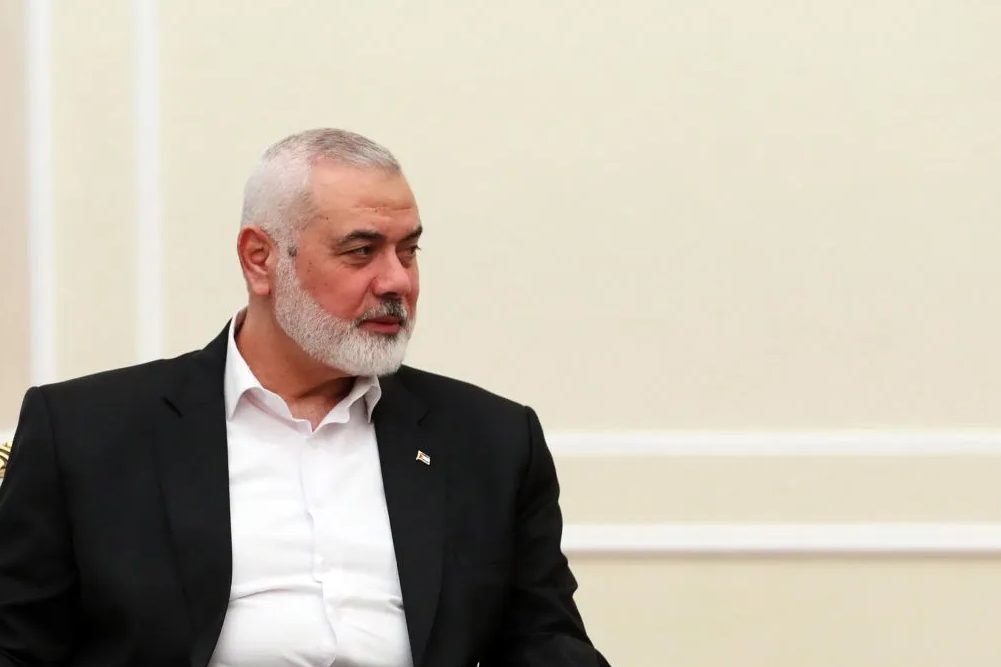






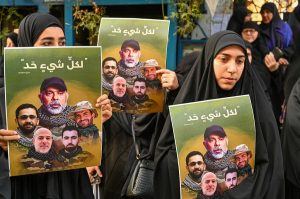
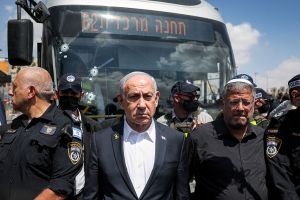




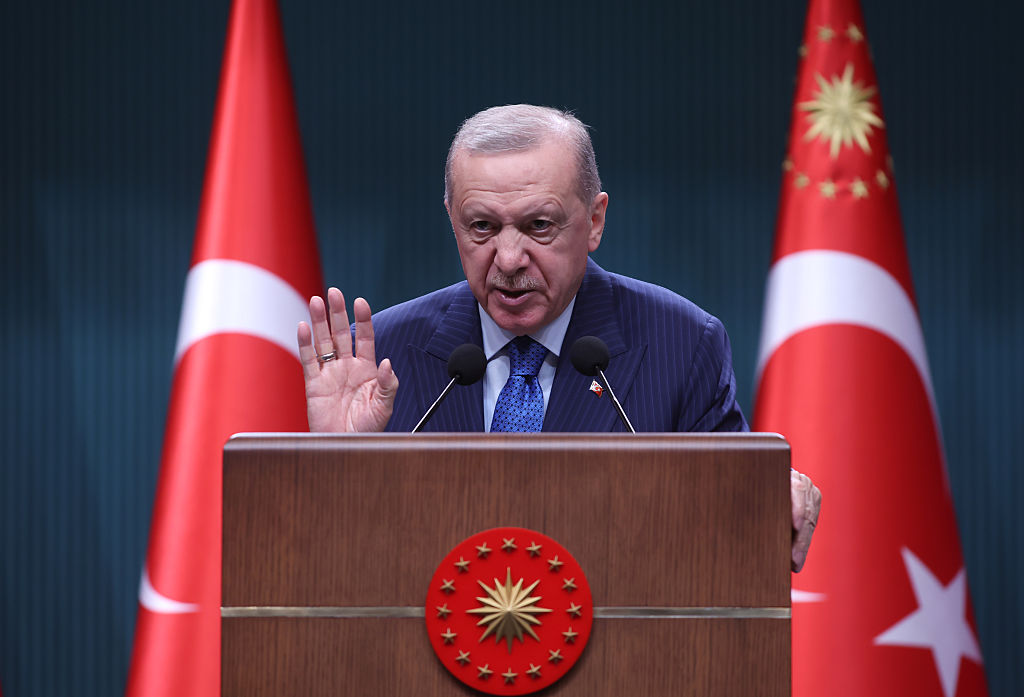

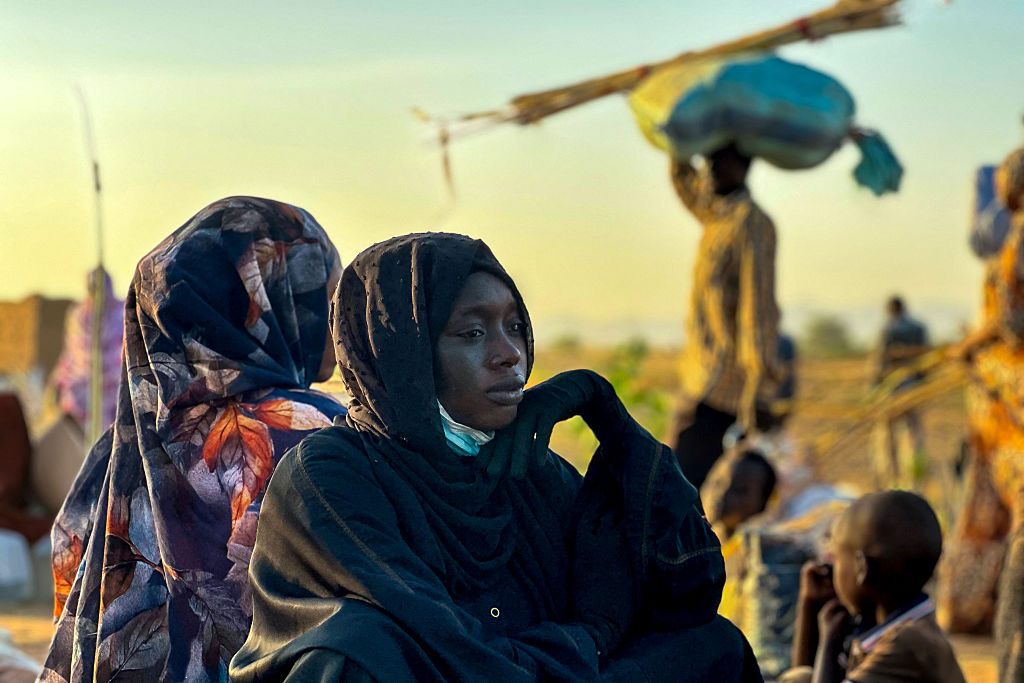







Leave a Reply